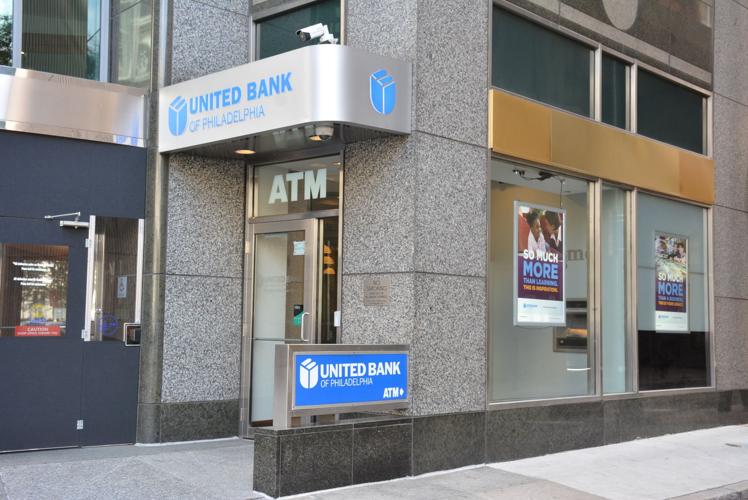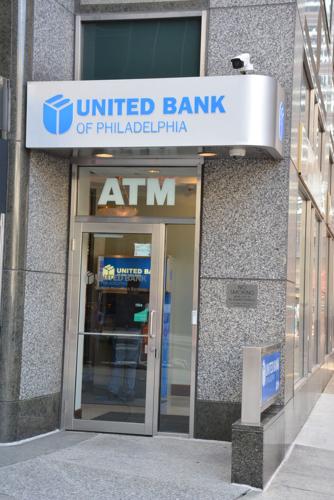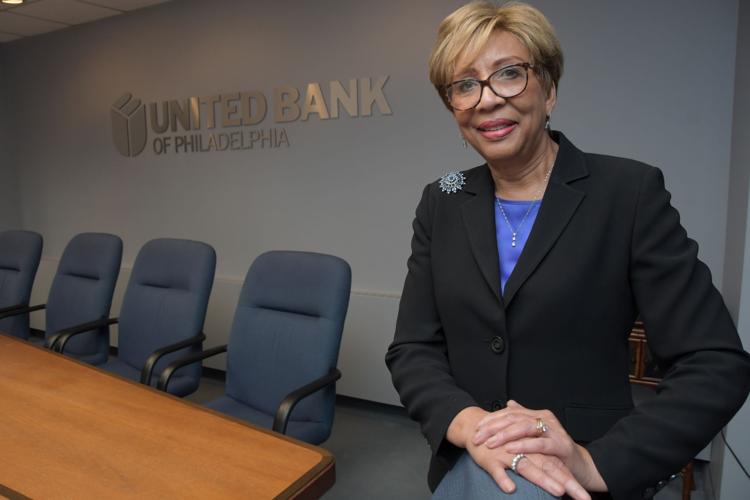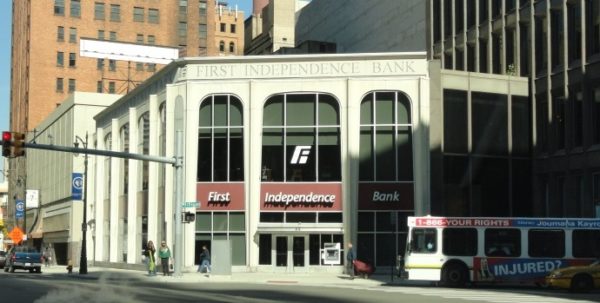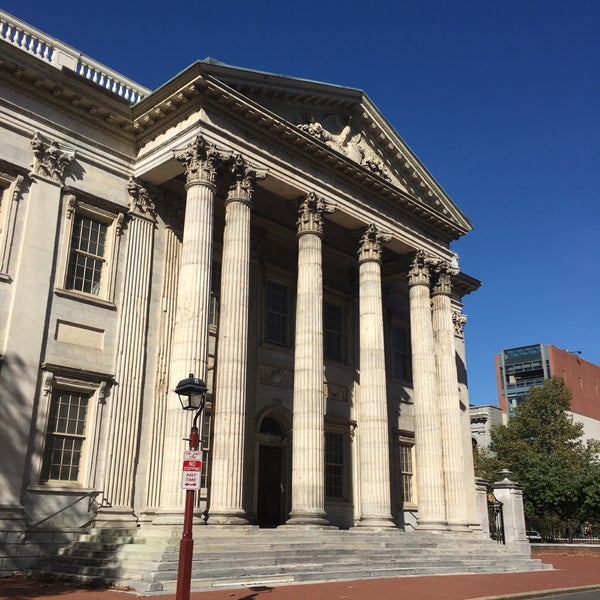United Bank Of Philadelphia Philadelphia Pa
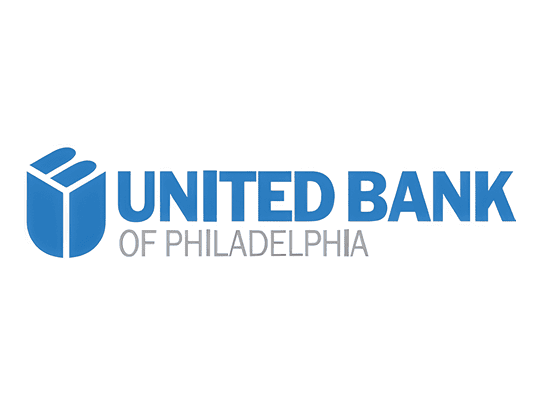
For decades, United Bank of Philadelphia (UBP) has stood as a beacon of financial empowerment in underserved communities, a cornerstone institution built on the promise of access and opportunity. However, recent economic headwinds and shifting regulatory landscapes have presented significant challenges, raising questions about the bank's future stability and its continued ability to serve its vital mission.
UBP's struggle highlights the broader pressures facing community banks nationwide. The following report delves into the current state of United Bank of Philadelphia, examining its historical role, the specific challenges it confronts, the measures being taken to address them, and the potential implications for the communities it serves.
A Legacy of Service
Founded in 1992, UBP was conceived to address the systemic lack of access to banking services in Philadelphia's predominantly African American communities. Its mission was simple yet profound: to provide loans, mortgages, and other financial products to individuals and businesses that were often overlooked by mainstream financial institutions.
The bank quickly became a vital resource, fostering economic development and empowering residents to build wealth and achieve financial stability. UBP's commitment to its community was evident in its outreach programs, financial literacy workshops, and its willingness to lend to entrepreneurs with limited credit histories.
Beyond financial services, UBP actively participates in community events, supports local organizations, and promotes financial literacy programs. It's commitment extends beyond banking to creating a more economically vibrant and equitable Philadelphia.
Mounting Challenges
Despite its strong community ties and unwavering dedication, United Bank of Philadelphia has faced increasing headwinds in recent years. Economic downturns, rising interest rates, and increased regulatory scrutiny have all placed significant strain on the bank's financial performance.
Furthermore, the rise of online banking and fintech companies has intensified competition for customers, particularly among younger generations who are accustomed to digital platforms. These disruptors, often unburdened by the regulatory costs and legacy infrastructure of traditional banks, are attracting a growing share of the market.
UBP's loan portfolio, heavily concentrated in local real estate and small business loans, makes it particularly vulnerable to economic fluctuations in the Philadelphia region. Any downturn in the local economy could lead to increased loan defaults and further erode the bank's financial stability.
Addressing the Crisis
Recognizing the severity of the challenges it faces, UBP has implemented a series of measures aimed at strengthening its financial position and ensuring its long-term viability. These include cost-cutting initiatives, efforts to diversify its loan portfolio, and investments in technology to improve efficiency and enhance customer service.
The bank is also actively seeking new sources of capital, exploring potential partnerships and strategic alliances. Securing additional funding would provide UBP with a much-needed cushion to weather the current economic storm and invest in future growth opportunities.
"We are committed to serving our community and ensuring the long-term stability of United Bank of Philadelphia," said a spokesperson for the bank. "We are taking decisive action to address the challenges we face and are confident that we can emerge stronger and more resilient."
Regulatory Scrutiny
Adding to UBP's difficulties, increased regulatory scrutiny has placed additional pressure on the bank. Federal regulators have raised concerns about UBP's capital adequacy and risk management practices, requiring the bank to implement corrective actions.
Meeting these regulatory requirements can be costly and time-consuming, diverting resources away from other critical areas of the business. However, complying with regulations is essential to maintaining the bank's license and ensuring the safety and soundness of the financial system.
The Community Reinvestment Act (CRA) performance also will be examined. UBP's continued efforts to meet the needs of low- and moderate-income neighborhoods is critical to their continued operations.
Community Impact
The potential failure of United Bank of Philadelphia would have a devastating impact on the communities it serves. Without UBP, many residents and small businesses would lose access to essential financial services, hindering their ability to build wealth, create jobs, and achieve economic prosperity.
The loss of UBP would also represent a significant setback for efforts to promote financial inclusion and address racial disparities in access to capital. The bank has played a crucial role in bridging the gap between underserved communities and the mainstream financial system.
The communities will need to find other means of having their financial needs met. The absence of a bank dedicated to their needs will be a significant loss.
Looking Ahead
The future of United Bank of Philadelphia remains uncertain. The bank faces significant challenges that will require decisive action and strong leadership to overcome. Success will depend on the bank's ability to adapt to the changing financial landscape, strengthen its financial position, and maintain its commitment to serving its community.
If UBP can navigate these turbulent times, it has the potential to continue its legacy of empowering underserved communities for generations to come. If not, the consequences would be profound, leaving a void in Philadelphia's financial landscape and undermining efforts to promote economic equity.
Ultimately, the fate of United Bank of Philadelphia will depend not only on its own actions but also on the support of the community it serves and the willingness of policymakers to address the systemic challenges facing community banks across the nation.

